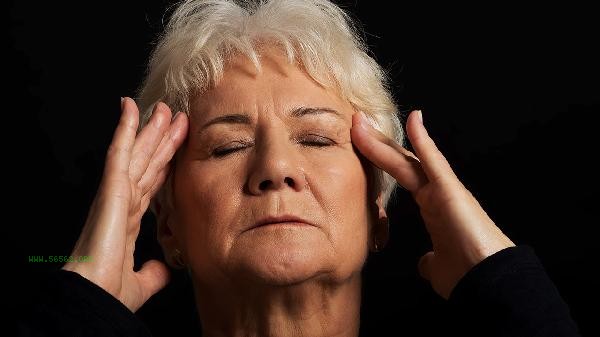Hypertension in the elderly can be regulated and lowered through lifestyle adjustments, dietary control, regular exercise, emotional management, and medication assistance. Blood pressure management requires long-term persistence, and in most cases, multiple intervention measures need to be combined.

1. Lifestyle adjustment:
Maintain a regular schedule, ensure 7-8 hours of sleep every day, and avoid staying up late. Quit smoking and limit alcohol consumption. Nicotine in tobacco can stimulate blood vessel constriction, and alcohol intake should not exceed 25 grams per day. To control weight, it is recommended to maintain a BMI between 20-24 and a waist circumference of no more than 90 centimeters for males and 85 centimeters for females.
2. Dietary control:
Adopt a low salt diet, with a daily sodium intake of no more than 5 grams, and avoid pickled foods. Increase potassium intake and consume more potassium rich foods such as bananas and spinach. Recommend the DASH dietary pattern, consume 300-500 grams of vegetables and 200-350 grams of fruits daily, choose skim milk products, and limit red meat intake.
3. Regular exercise:

Engage in 150 minutes of moderate intensity aerobic exercise per week, such as brisk walking, Tai Chi, etc., with a heart rate controlled at 220% -60% -70% of age. Avoid vigorous exercise, warm up and relax before and after exercise. Resistance training is conducted 2-3 times a week, with 8-10 movements per session and 10-15 movements per group.
4. Emotional management:
Maintain psychological balance and relieve stress through meditation, deep breathing, and other methods. Avoid intense emotional fluctuations and participate in social activities to cultivate interests and hobbies. Sleep disorders can be improved through cognitive-behavioral therapy, and short-term use of sleep aids may be necessary under the guidance of a doctor.
5. Medication Assistance:
Reasonably use antihypertensive drugs under the guidance of a doctor, commonly using calcium channel blockers such as amlodipine and angiotensin-converting enzyme inhibitors such as enalapril. Regularly monitor blood pressure, record medication reactions, and do not adjust dosage without authorization. Pay attention to drug interactions when using combination therapy.

Elderly blood pressure management requires the establishment of health records, measuring blood pressure 2-3 times a week and recording it. Pay attention to keeping warm during seasonal changes to avoid blood vessel constriction caused by excessive temperature differences. Diet can increase the intake of deep-sea fish and supplement with omega-3 fatty acids. Properly perform gentle exercises such as finger exercises and Eight Section Brocade to improve microcirculation. The community regularly holds health lectures, and family members should pay attention to the elderly's medication compliance. Seek medical attention promptly when experiencing discomfort such as dizziness and chest tightness to avoid damage to target organs.








Comments (0)
Leave a Comment
No comments yet
Be the first to share your thoughts!